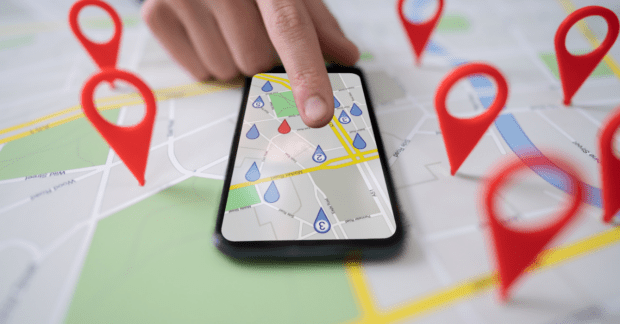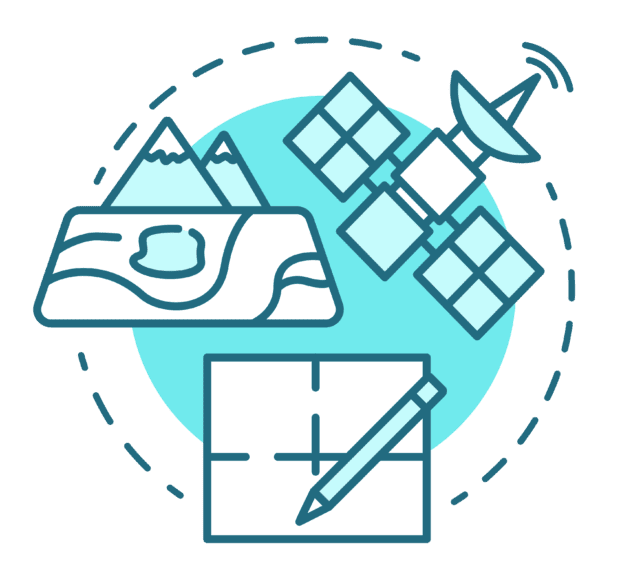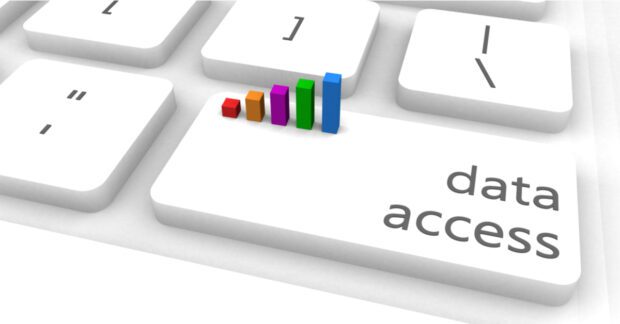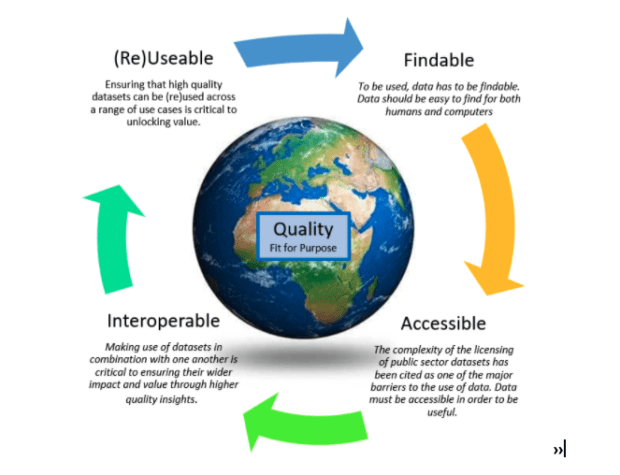Evaluation: How it shaped the public dialogue on location data ethics

Evaluator Sophie Reid explains the evaluation process she used during the independent dialogue exploring public attitudes about location data.

Evaluator Sophie Reid explains the evaluation process she used during the independent dialogue exploring public attitudes about location data.

Location data is a fundamental part of our lives. So why do so many struggle to value it and what is the Geospatial Commission doing to resolve this challenge?

As we focus on education this year for Black History Month 2021- Proud To Be, we are delighted to place a spotlight on geosciences and the importance of diversity in a subject that informs decisions that affect all our lives. …

Yesterday the Crown Commercial Service (CCS) opened the Space-Enabled and Geospatial Dynamic Purchasing System (DPS) to buyers right across the public sector. The new DPS will make it easier for the public sector to procure access to a broad range …

For Black History Month 2021, we interviewed award-winning geographer, campaigner, influencer, advocate and activist - Francisca Rockey. Francisca reveals her passion for geography, its power to create a greener planet and why she founded Black Geographers.

By looking at licensing from the user perspective the Geospatial Commission and Geo6 have worked together to make data licensing and data more accessible.

Guest blog by Carl Watson, Senior Analyst and UX Lead, British Geological Survey who shares the steps taken to build a data portal for the user. “After listening to what real users want we have created guidelines for Designing Geospatial …

Guest blog: Howard Askew shares the benefits of the latest Data Improvement tool - List of Geospatial Data Publishers by theme or topic, and how it tackles two of the big challenges faced by users of geospatial data today.

Callum Irving, Senior Data and Standards Advisor, shares the Geospatial Commission’s ambitions to improve access to better location data by making it Q-FAIR - Findable, Accessible, Interoperable, Reusable and of the right Quality that is fit for purpose. Building on …

Guest blog by Ada Lovelace Institute - The Geospatial Commission has partnered with Sciencewise, Traverse and the Ada Lovelace Institute in a new project that will open a dialogue with members of the public to gather evidence about their perspectives on the ethics of location data use.